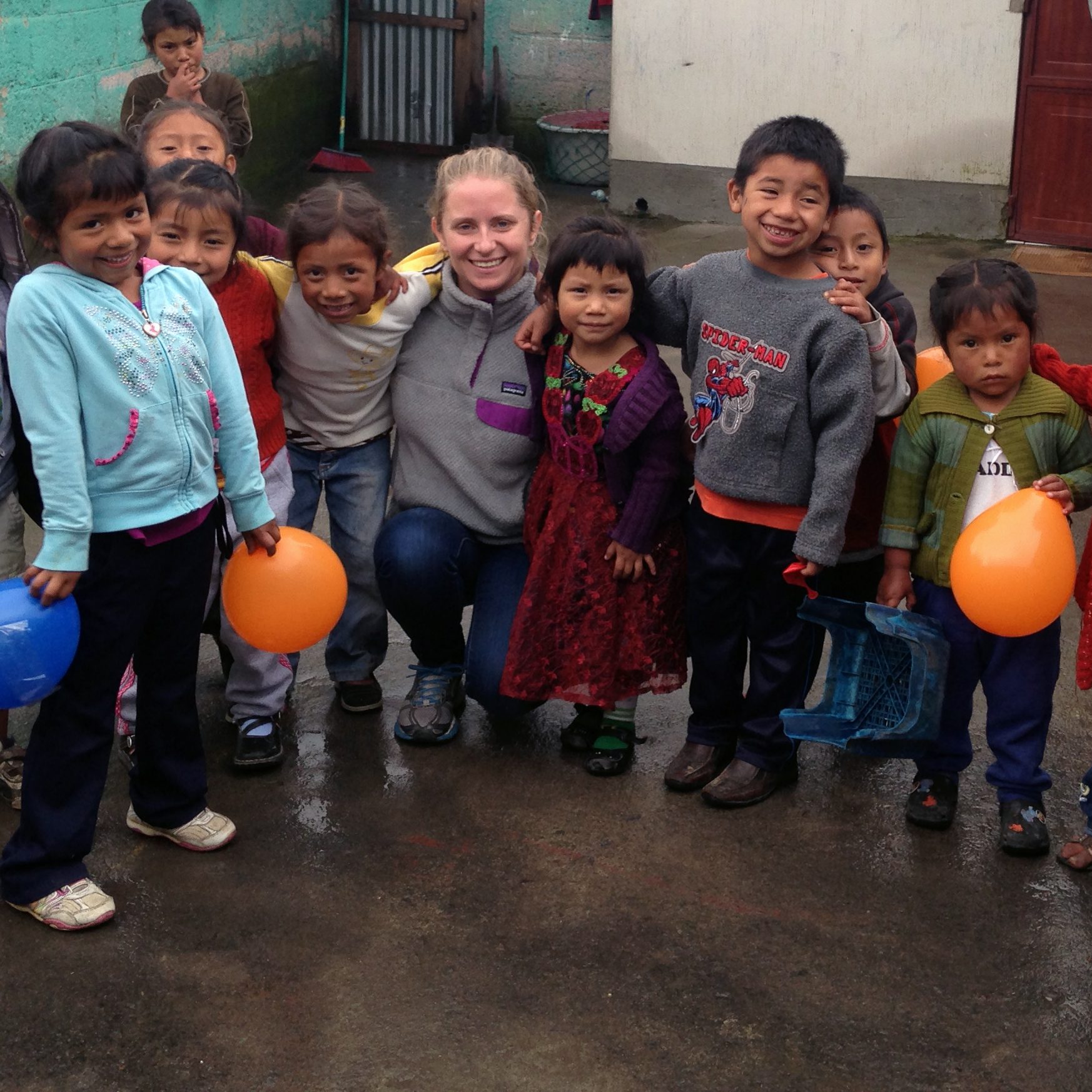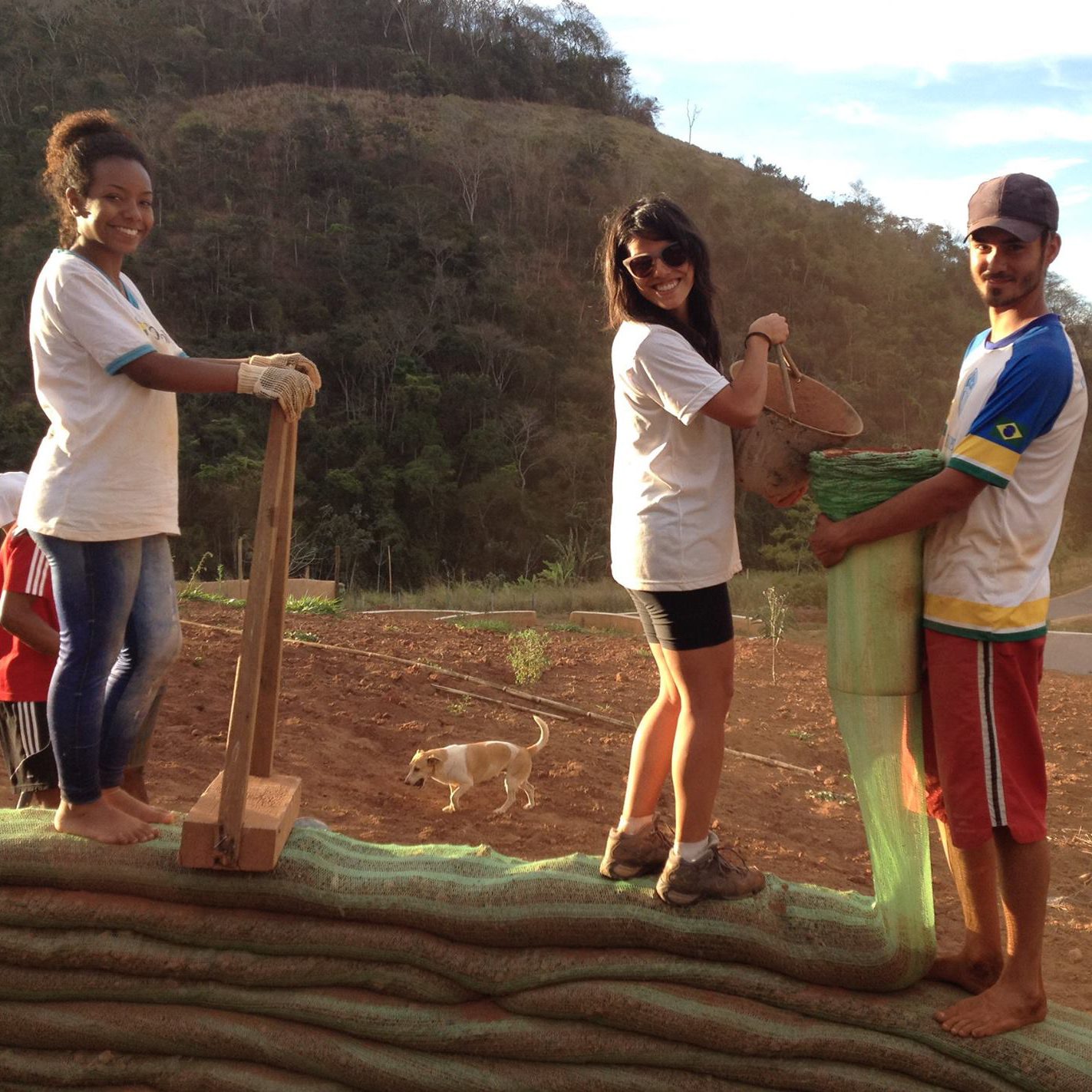On World Day Against Child Labor, we’re highlighting three outstanding grassroots organizations that are determined to end the practice.
June 12 marks the 15th annual World Day Against Child Labor. Initiated by the International Labor Organization (ILO) in 2002, the day calls for the abolition of child labor, which affects millions of children, youth, and families worldwide. This year, the day’s theme highlights how conflicts, disasters, and violence impact these hazardous practices.
Global Fund for Children celebrates the rights of children according to United Nations standards and envisions a future without the economic and sexual exploitation of children and youth. By partnering with organizations that support vulnerable children, GFC works to abolish deleterious child labor.
The ILO reports that approximately 11% of children worldwide are currently trapped in child labor, and about half participate in hazardous work.
An estimated 168 million children work globally, 85 million of whom are in hazardous work. Despite a decline since 2000 (from 256 million and 171 million, respectively), child labor still affects vast numbers of children, youth, and families around the world, according to the ILO.
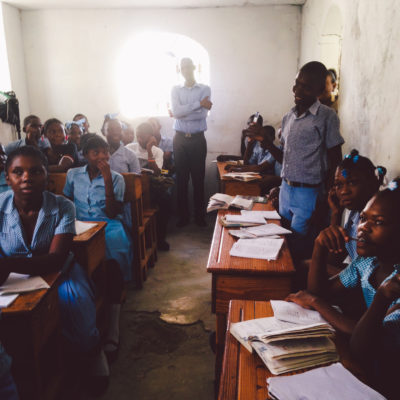
Long work hours, pressure to provide their families with income, and disenfranchisement often prevent children from enrolling in school, keep them from accessing healthcare, and increase the likelihood of illiteracy, abuse, and trauma. (A definition of child labor can be found here.)
In the widely adopted Convention on the Rights of the Child, the United Nations states that children have the universal right “to be protected from economic exploitation and from performing any work that is likely to be hazardous or to interfere with the child’s education, or to be harmful to the child’s health or physical, mental, spiritual, moral or social development.”
GFC believes that exploitative child labor is a violation of human rights. By partnering with locally led organizations around the world, GFC works to end child labor and ensure that children and youth have access to education, healthcare, and adequate support and services.
Today, we highlight three GFC partner organizations in Latin America and the Caribbean that work to end these harmful practices. The ILO reports that 13 million children in Latin America (8.8%) are currently involved in child labor practices. More facts and figures can be found here.
GFC is proud to support these organizations as they work to improve the lives of the children and youth they serve in their effort to abolish harmful child labor practices.
Fondation Zanmi Timoun (Friends of the Children Association), Haiti
Founded by a group of social workers in the Solino neighborhood of Port-au-Prince, Fondation Zanmi Timoun rescues children from the restavèk system, a practice of domestic servitude that is both harmful and widespread.
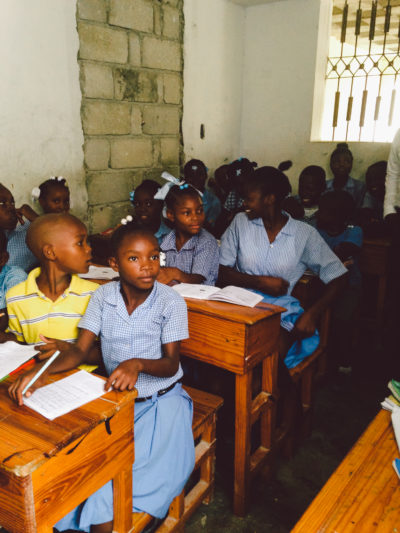
In Haiti, disenfranchised families “loan” their children to families in urban areas, particularly in the country’s capital, Port-au-Prince. Although the rural families hope their children will enjoy a better life, restavèk children are often subject to deplorable conditions. In exchange for meals and housing, the children work for the family and are vulnerable to abuse and exploitation.
The restavèk system exemplifies the hazardous child labor practices outlined by the Convention on the Rights of the Child because it prevents children from enrolling in school and accessing quality healthcare and emotional support. It also leaves these disenfranchised children vulnerable to further abuse, neglect, and sexual and economic exploitation.
Zanmi Timoun works with community members to rescue children from the restavèk system and provide them with education and other services. The organization’s accelerated education program targets illiteracy and addresses the children’s lack of formal education. This allows them to reintegrate into formal schooling once they complete the program.
In 2010, the earthquake that devastated Haiti put vulnerable populations in even greater need of support. Exploitation of children was rampant in the tent camps established in the wake of the disaster; children were forced to trade labor and sometimes sex for a meal or a place to sleep in the tents. Children in the restavèk system assumed an even more precarious position, as the disaster affected the most vulnerable populations.
In the years since the earthquake, tent camps have decreased in number, and children have found more security through assistance programs like Zanmi Timoun’s. In addition to its support of restavèk children, the organization provides a wide range of services to children and youth in Haiti, including legal services for those in the prison system, education, and psychological support for victims of abuse and rape. The association currently serves 2,100 children and has been a GFC partner since 2013.
Chantiik Taj Tajinkutik (Playing to Learn), Mexico
Indigenous families in the city of San Cristóbal de las Casas face discrimination that bars them from economic opportunities and other rights. Many indigenous children do not attend school but instead work as vendedores ambulantes (street venders), selling candy or plastic bracelets, or as shoeshiners, called boleros. For many of these families, the revenue from their working children is their main source of income.
GFC’s Americas team works closely with Chantiik to support the organization’s programs for children and youth who were formerly working on the streets. After one site visit to Chantiik, GFC program officer Eva Miller wrote that “not only were the conditions for these street-working children deplorable, but often the children were not even making a profit. Andrea (the co-founder of Chantiik) described to us how steep competition as well as the pressure to bring home cash meant that many of the child street venders lowered their prices to the point that they were selling their products for almost nothing.”

Since the 1970s, there has been a massive exodus from rural communities into San Cristóbal de las Casas. Many moved to escape armed conflict and the disintegration of the agricultural sector, which was a primary source of income. While they hoped the city would offer more opportunities for a better life, upon arrival migrants face discrimination and live in marginalized communities with minimal opportunities for the adults, and much less for children and youth. Many of these children do not have a birth certificate, do not speak Spanish, and are illiterate, and the limited access to public services makes them particularly vulnerable to exploitation.
Chantiik offers services to children in hopes of getting them off the streets. Because these children often work full time and come from impoverished families, they are unable to access education. Chantiik offers a six-month intensive training program that is taught in their native language as well as in Spanish. Participants have access to baking, waitressing, cooking, and computer classes, while also participating in workshops on human rights, literacy, self-evaluation and self-esteem, gender, violence, and gender-based violence.
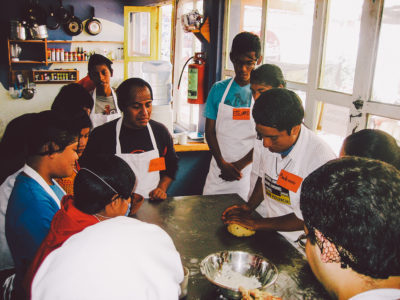
The organization also runs a bakery where workshop graduates can come together to learn how to make “fine bread.” Profits are divided among all participants and then put back into the organization. Chantiik’s first student cohort graduated in 2012. Of these 30 graduates, five who are now of working age have formal jobs and are earning a fair wage, and seven work in the bakery. The rest are continuing their education
By providing dignified support and skills to working street children, Chantiik hopes these children and youth will learn about their rights, learn new skills, and obtain a job that will pay fair wages once they turn 18.
Chantiik Taj Tajinkutik has been a GFC partner since 2013 and currently serves 150 children directly and indirectly.
Fundación La Merced (La Merced Foundation), Dominican Republic
Fundación La Merced (FLM), a GFC partner since 2014, was founded to combat the high prevalence of child labor in the marginalized urban areas of Santo Domingo. The organization engages directly with boys and girls as young as 8 years old who are working on the streets. Boys typically work as shoeshiners, sometimes for ten to 12 hours per day, while girls are more often exploited through prostitution and domestic labor.
In the Dominican Republic, an estimated 42% of boys between the ages of 5 and 9 years old work. The percentage increases to 48% for those 10 to 14 years old. So ubiquitous is the practice of underage shoeshiners that politicians often distribute shoeshine boxes painted with their campaign slogans to boys on the street.
A related challenge is that children working long hours on the streets is often not seen as a problem by the people in the community. In fact, the staff of FLM recall one instance in which a community member who was eager to support their work donated a large number of shoeshine boxes to the organization. She had clearly misunderstood the organization’s mission to reduce child labor.
In response, FLM incorporated awareness raising and advocacy as an explicit component of its work. Staff and participants have “reclaimed” the symbol of the shoeshine box, decorating the boxes to be works of art rather than tools of child labor and even putting giant, painted shoeshine boxes in public spaces to create awareness.
The organization ensures that boys and girls working on the streets are enrolled in school and runs a daily after-school tutoring program called Spaces for Recreation and Learning. Every Saturday, FLM offers a recreational program in which participants take part in arts and crafts, sports, and music. In addition, all participants and their families receive ongoing support services from a staff social worker.
In an effort to compensate families for their children’s lost income, the organization recently inaugurated its first Solidarity Store, where community members can purchase food staples at reduced prices. FLM currently serves 791 children and youth in the Dominican Republic.
On World Day Against Child Labor, we hope you will take the opportunity to explore the extraordinary efforts these innovative and passionate organizations make every day to help children break the bonds of forced labor, and join us in supporting vulnerable children and youth around the world.
